Rewilder’s Toolkit: some texts that got me thinking critically about a radical new future for human life and the planet.
These are some texts that I read while studying Environment, Development & Policy at the university of Sussex that I feel helped formulate my own ideas on rewilding as a conservation strategy. There are definitely more out there that are explicitly about rewilding, but I feel these helped me form my own personal opinion. To follow up, the works of Franz Vera, Sergey Zimov, David Foreman, Josh Donlan et al. and Mauro Galetti have helped form some of the earlier writings on rewilding.
Feral: Searching for
Enchantment on the Frontiers of Rewilding- George Monbiot
The first text on rewilding I read. I was turned on to Feral by a piece written by Monbiot in
the Guardian, which I think was an adapted excerpt in the run-up to the books
launch. Monbiot has written fairly extensively on environment and society, with
a previous book, HEAT, focussing on
climate change. This book offers an extensive and emotive look at rewilding in
a holistic British landscape, selecting areas of several interpretations of
rewilding to complete a vision for Britain. Examples and anectdotes emerge from
within and outside of Britain, mapping Monbiot’s formation of a wild future.
I enjoy the wild path Monbiot writes, but have more recently
become critical of his approach. Whereas I enjoy a more holistic, and Marxian
perspective to approaching ecology, Monbiot starts from the off with emotion;
he enjoys imaginings of prehistoric hunting, encounters with surprising
predators and more. For a vegetarian interested in rewilding, the hunting
aspect of humanities past that Monbiot glorifies offers something gristly to
chew around and query in my own interpretations of wilderness. A good critique
can be found in Simon Fairley’s ‘Rewilding and Food Security,’ which critiques
Monbiot’s sweeping statements about sheep grazing and meat importation in
Wales.
Twilight of the
Mammoths: Ice Age Extinctions and the Rewilding of America- Paul S Martin
A more academic approach focussing on the natural history of
large mammals that no longer exist in the Americas, from giant ground sloths to
elephants. Martin’s key theories about human interactions with these creatures
and their eventual demise takes its focus to archaeology and archaecology, but
Martin makes provident allusions to the modern state of wilderness and the
balanced spread of species missing in North America.
Rewilding the World-
Caroline Fraser
Fraser’s text is formative for three reasons: first, it
offers a truly global look at rewilding, taking the reader on a journey from
continent to continent; secondly, despite the global view, Fraser retains a
contextually relevant look at the shareholders who face to lose or win from
conservation strategies; and thirdly, Fraser brings to light many, many
projects that do not label themselves as rewilding, but that do fall under many of the ideals of
rewilding, and so may go ignored or unheard of within the rewilding canon.
One Straw Revolution-
Masanobu Fukuoka
Although not a natural history or outright rewilding book
per se, Fukuoka’s touchstone book on re-naturalising farming has been hugely
influential for organic agriculturalists worldwide. While I approached this
text for an interest in agriculture, I feel that Fukuoka’s vision of a natural
approach to agriculture is a key part of the rewilding vision, especially
considering the demonization of agriculture by rewilding (such as in George
Monbiot’s Feral) and similar theories
such as deep ecology. It’s also important to be reminded of the realities of
our reliance on the natural world, that without it’s fruits, human existence on
this world would be short.
A Sand County Almanac
& Sketches Here and There- Aldo Leopold
One of the first deep ecology texts, this collection of Aldo
Leopold’s writings including ‘Thinking like a Mountain,’ wherein he recalls
shooting one of the last few wolves in (park name) and ‘The Land Ethic,’ where
Leopold lays out a new way of thinking about human-nature relations. Leopold
writes that we should include the land in our ethical treatment of other
beings. This text includes evocative observations of wildlife from Leopold’s
beloved weekend cabin.
The Ecological Thought-
Timothy Morton
Before turning my attentions to the environment I earned a
degree in English Literature, where I was turned over the ecocritical writings
of Morton. This is the least literary and most philosophical of all of his
works, and is essential a modernised deep ecology with some variations and
additions. It was a great read and is truly opening- it opens dialogue about
human- animals relations, greater connectivity between all things, and sets the
scene for a truly ecological future.
Half-Earth- Edward
O. Wilson
I admire Wilson’s care and fondness for nature, but do not
agree with his approach. I put this text here as one that helped form what I
believe in, as reading Wilson’s proposition to leave half the planet to nature,
as well as his reliance on economics and technology, did not sit well with me.
The ideas presented in this text are important to familiarise yourself with
because they form the backbone for hegemonic and generally accepted
conservation practice. The idea that humans need to be taken out of nature is
similar to the thinking of 19th century writers such as Muir, whose
desire for unspoiled wilderness parks eventually led to the expulsion of native
Americans who had been living there for centuries.
My First Summer in the
Sierra- John Muir
Muir is almost a mythic figure when it comes to wilderness
writings. This early text, demonstrating Muir’s infectious love for all things
wild and free has influenced many for centuries, including American writers
Ralph Waldo Emerson and Henry Thoreux. As sublime as Muir’s vision is, it’s
important to remain critical of dramatic mythisization of nature in his
writing; William Cronon’s piece ‘The Trouble with Wilderness: Or, Getting back
to the Wrong Wilderness’ is useful in deconstructing wilderness as a mythic
creation.
Degrowth: A
Vocalbulary for a New Era- Ed. Giacomo
D'Alisa, Federico
DeMaria and Giorgos
Kallis
Not focussed on the environment or rewilding, this
collection of short essays, laid out like a dictionary, challenges the
capitalist myth of infinite growth on a finite planet by offering new and
present solutions, which are essential for an integrated and healthy recovery
for wildlife and wilderness.
Gaia: A New Look at
Life on Earth- James Lovelock
Unfortunately I never got to finish Lovelock’s seminal text,
but the glimpse I got in the half I read has infected by thinking since. Often
apocalyptic in scope, Lovelock’s premise that life is a planetary function and
mechanism of Earth is beautifully demonstrated with analogy and atmospheric
data. Lovelock’s later writings would predict human’s extinction closer and
closer, but maintains that life will ultimately balance out and continue no
matter what. Lovelock himself is a celebrated independent scientist, who, until
his death, wrote regularly for a number of publications.
Also Worth Reading-
Silent Spring-
Rachel Carson: unfortunately I never finished this text. Carson’s book
challenging the use of chemicals in agriculture eventually resulted in new
legislation to protect people and wildlife from the harmful effects of chemical
pesticides and herbicides, and is a great example of a direct challenge to
hegemonic practice for a better integrated future for humans and wildlife.
 Where do Camels Belong-
Ken Thompson: I’m reading this book now. Thompson lays out a brilliant history
and discussion of what invasive species are, ultimately querying our views of
‘native’ and ‘invasive.’ This querying is useful for arguments concerning
reintroductions.
Where do Camels Belong-
Ken Thompson: I’m reading this book now. Thompson lays out a brilliant history
and discussion of what invasive species are, ultimately querying our views of
‘native’ and ‘invasive.’ This querying is useful for arguments concerning
reintroductions.
Wildlife in the Anthropocene-
Jamie Lorimer: quite dense in places, this
collection of Lorimer’s writings
gives us the theory and philosophy behind conservation realities. Good chapter on rewilding at the Oostvaardersplassen in Amsterdam, looking into what defines
something as ‘wild’ and ‘domestic,’ and if it really is so black and white.
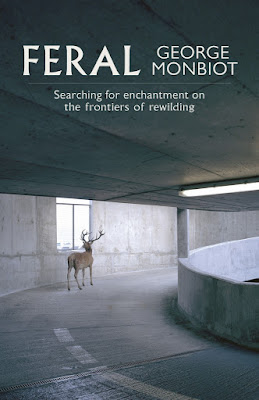








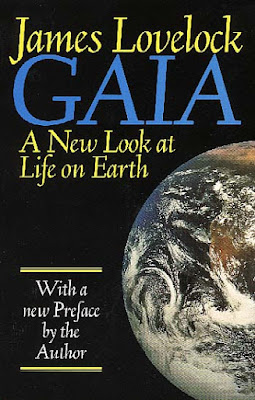


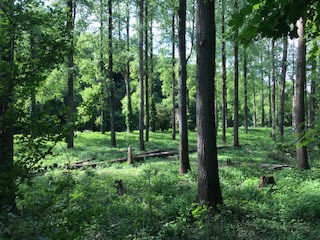
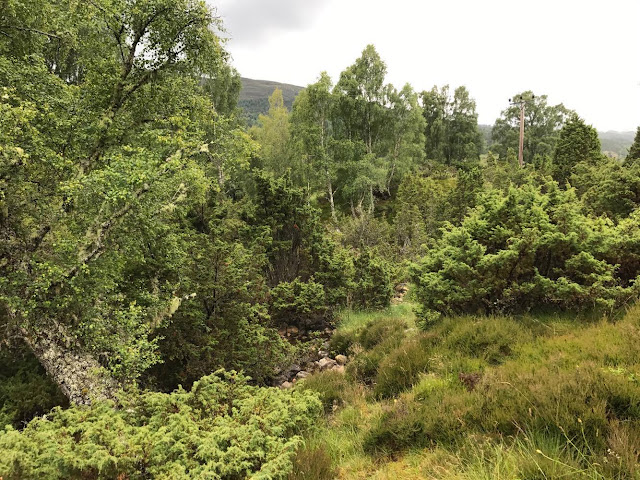
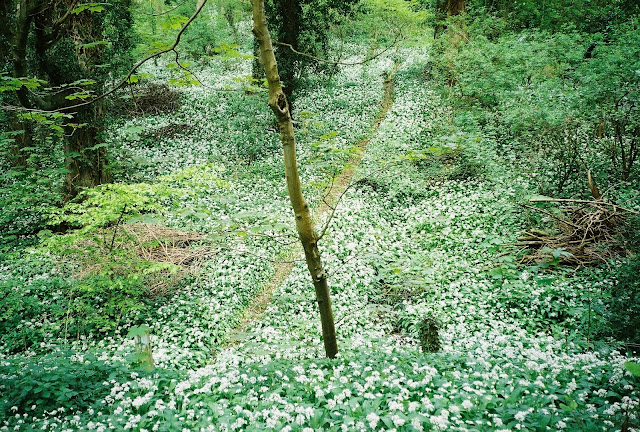
Comments
Post a Comment